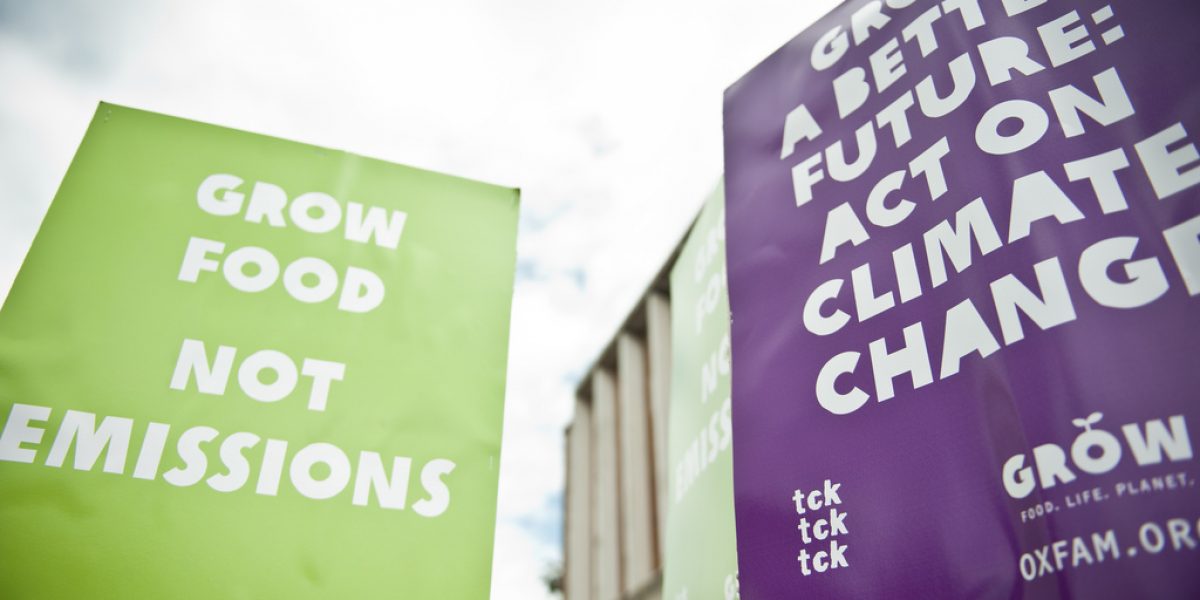The CCX has been criticised for having a limited scope: participation is voluntary – though legally binding – and members pledge to curb their emissions by a modest 1% or more each year. But the scheme is working. More than 70 new participants have entered the exchange since it launched – and they are not just companies, but also universities, NGOs and cities. Analysts have also hailed the CCX as an important first step in getting American industry to act on climate change. The US pulled out during the Kyoto negotiations, but most environmentalists recognise that the treaty is unlikely to succeed in the long run, unless the world’s largest greenhouse polluter comes back on board.
Initially a pilot project designed to run until 2006, the CCX recently announced that it would extend the scheme to 2010. Participating company American Electric Power announced that its participation in the scheme would lead it to reduce or offset about 46 million tonnes of carbon dioxide emissions during both phases of the scheme. ‘The members of the CCX have achieved real and significant reductions in the greenhouse gas burden, while proving that an emissions reduction and trading programme works,’ says economist Richard Sandor, who spearheaded the CCX.








